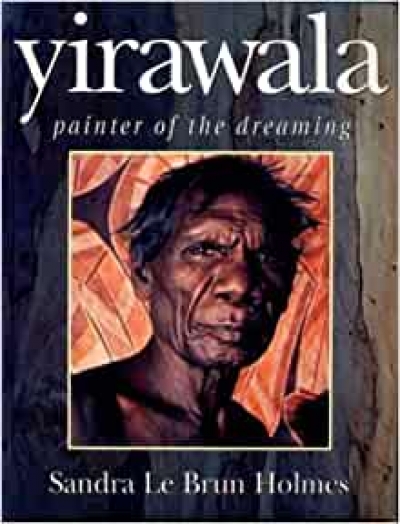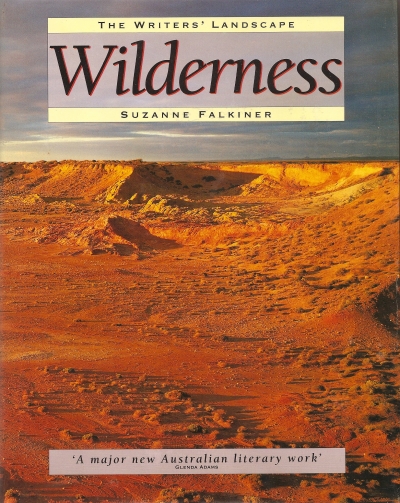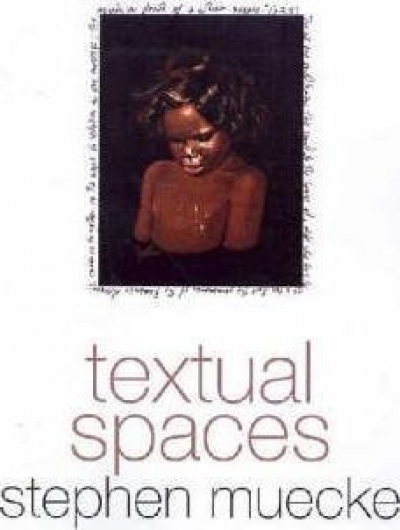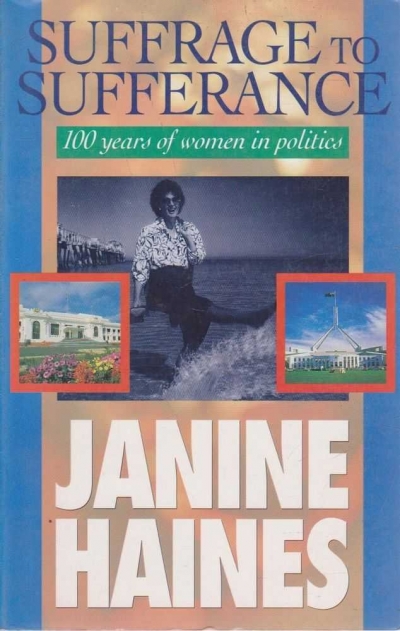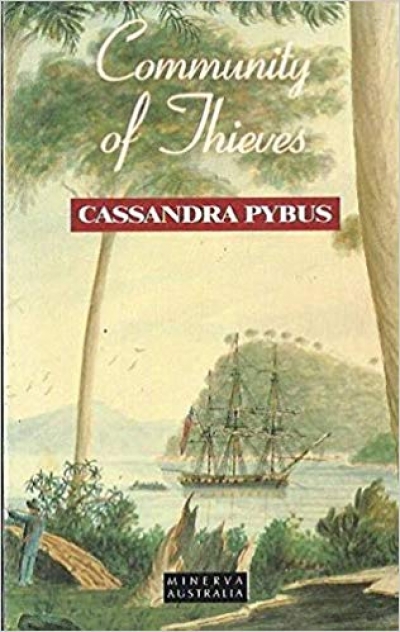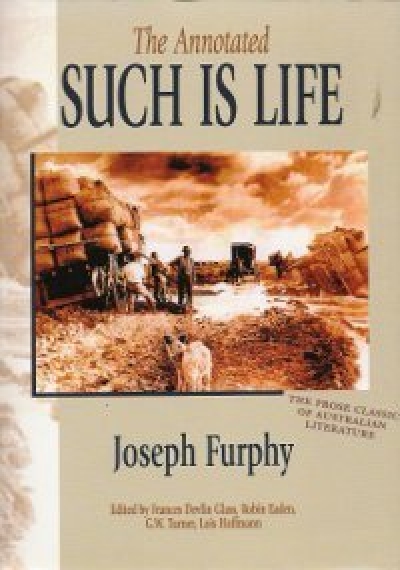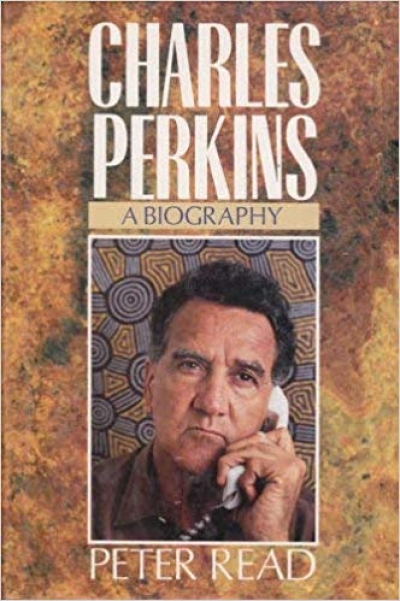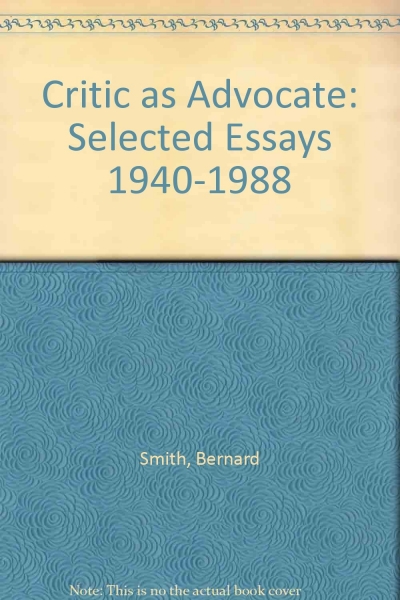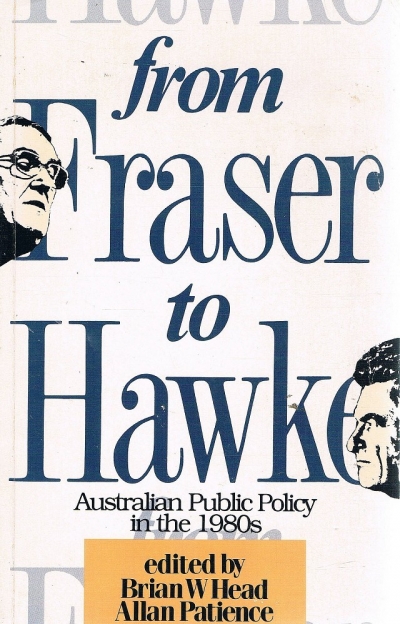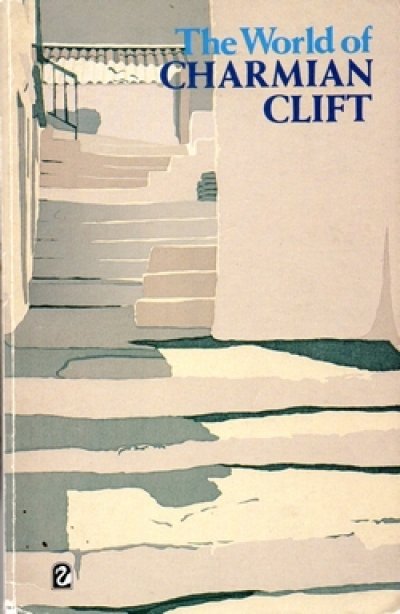Non Fiction
Sandra Holmes’s Yirawala: Painter of the Dreaming is not a picture book or a ‘pretty story’. It does not tell balanda (white people) what they want to hear, nor does it euphemise the truth. The book is an inspiring, if harrowing account of Yirawala’s life and death, his religion manifest as art, and his struggle with balanda officialdom to regain title to his Dreaming country, Marugulidban.
... (read more)Wilderness: The writer’s landscape, volume I by Suzanne Falkiner
Suzanne Falkiner’s Wilderness is a garden of delights. This is one of the most imaginative, innovative, and useful books on Australian literary culture to emerge for some time. The book represents the first volume of a two-part series entitled The Writers’ Landscape, and Wilderness traces the influence of Australian landscape on Australian writers.
... (read more)Textual Spaces: Aboriginality and cultural studies by Stephen Muecke
Stephen Muecke’s Textual Spaces offers both new material and versions of some of the essays he has published on Aboriginal and cultural studies published through the 1980s. Many of these have already been very influential, but the welcome appearance of the book invites consideration of the continuities in Muecke’s arguments, the programme they suggest.
... (read more)Suffrage to Sufferance: 100 years of women in politics by Janine Haines
Janine Haines’s book, Suffrage to Sufferance is a good read. For women who are in public life and who insist on equality, it is a realistic and often humorous read. For those women who aspire to public life or simply equal rights, it is an entertaining – lost journalistic – account of where women’s aspirations might lead them. For men who understand or want to understand women’s drive for equality, there is an idea of the barriers, seen and unseen, that women face. And there is some sense of women’s struggle for political influence and recognition.
... (read more)Another book on George Augustus Robinson, the nineteenth-century oddity who toured Tasmania gathering Aboriginals whom he eventually incarcerated on Flinders Island? Historians from John West to Brian Plomley have written about his Tasmanian adventures; Robert Drewe and Mudrooroo Narogin have added interpretations of his singular career. Do we need another?
... (read more)The Annotated Such is Life by Joseph Furby & The Life and Opinions of Tom Collins by Julian Croft
At last, books about Such is Life and its endearingly attractive, quixotically sophisticated author, Joseph Furphy, are coming out. Three in the last few months is a welcome harvest, certainly a happier response than Furphy got during the prolonged Wilcannia showers of his life.
... (read more)Charles Perkins: A biography by Peter Read
His minister described him as a permanent troubleshooter. And yet Charlie Perkins was surely the most trouble-prone and troublesome permanent head in Australian administrative history. Where other bureaucratics operated stealthily to preserve the outward appearance of responsible government, he engaged in calculated acts of public defiance and abuse of the governments he was meant to serve. They could no more dispense with his services, however, than he could operate without their largesse. And so for the best part of twenty year the volatile mediator orchestrated relations between the state and the modern Aboriginal movement.
... (read more)The Critic as Advocate: Selected essays 1941–1988 by Bernard Smith
In his 1980 bibliography of Bernard Smith’s published works, Australian Art and Architecture (1980), Tony Bradley lists, exclusive of books, well over 200 articles, book reviews, and other miscellaneous items. Allowing for articles written after 1980 and four previously unpublished, The Critic as Advocate contains sixty works from Bradley’s list. Previous collections of Smith’s essays, The Antipodean Manifesto (1976) and The Death of the Artist as Hero (1988) each contains about twenty republished essays – leaving Smith still with over a hundred for future recycling. If this is to be the case it is perhaps well to look at the value or otherwise of this type of enterprise.
... (read more)From Fraser to Hawke by Brian Head and Allan Patience & The Hawke–Keating Hijack by Dean Jaensch
The debate about the costs and limitations of power is as old as the ALP, but it has been given new urgency by the changes in the Party since Labor won government in 1983. So far this year, three books have been published which deal wholly or in part with the Hawke government’s relationship with the traditions of the Australian Labor Party: Carol Johnson’s The Labor Legacy, Graham Maddox’s The Hawke Government and Labor Tradition and now Dean Jaensch’s The Hawke–Keating Hijack: The ALP in transition.
... (read more)The World of Charmian Clift is a selection of the weekly columns she wrote for the Sydney Morning Herald’s women’s pages. They date from 1964, the year that she, George Johnston, and their children returned from Greece, up to her tragic suicide in 1969. Clift herself selected most of the essays for the book, which was first published posthumously in 1970, not long before George Johnston’s death from tuberculosis.
... (read more)

